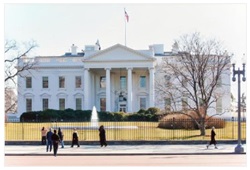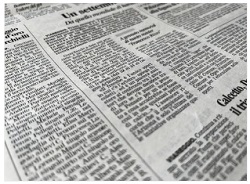このコンテンツではgovernとruleの違いをまとめています。
”民主的”あるいは”独裁的”の違いがあり、片方だけが持つ意味もあります。

英語類義語活用辞典、英語類義語使い分け辞典、ロングマン英々辞典を参考にしています。
- PR:Amazon
- 英語類義語活用辞典
↑”試し読み”とKindle版あります - 英語類義語使い分け辞典
英語類義語使い分け辞典の解説
govern
(国や州などを)政治的に治める。
rule
(主権者が)(国家や人民を)(専制的に)支配する。
administer
(国家・会社・機関など)の経営管理の責任を負う。
ロングマン英々辞典の解説
govern
1 to control and direct the affairs of(a country, city, etc. and its people), using political power
The country was governed by a small elite of military officers.
2 to control, fix, or guide
The price of coffee governed by the quantity that has been produced.
3 (in grammer)(of a word)to cause another word to be in(the stated form)
In German, prepositions usually govern the accusative or dative cases.
rule v
1 to control or be the person in charge of(a country, people, etc.)
Alexander the Great ruled(over)a large empire.
2 to have a controlling influence over
Don’t le the desire for money rule your life.
3 to give an official decision
The jidge ruled that she must pay the money back.
4 to draw(a line)using a ruler or similar straight edge
英語類義語活用辞典の解説
govern と rule はいずれも国を支配もしくは統治することで共通していますが、違う点もあります。
含みとして govern は民主的、rule は独裁的という違いがあります。
わかりやすい例として米国大統領を governor とは言いますが、 ruler とは呼びません。
governor は国を principle によって支配する政権のリーダーです。
govern するためには、その基本になる原則を決定する機関が組織されなくてはいけません。この organization なしに国を govern することはできないのです。
しかし ruler はそういう organization なしに、自分の意志とやり方で国を統治することがあり得ます。
That country is ruled but not governed.という言い方もあります。
rule にあって govern にない意味が2つあります。
1つは prevail(圧倒的多数で押し切ること)の意味、もうひとつは「最終的な採決を下す」の意味です。
The majority rules in a democracy.
(民主国では多数党が支配権を握る)
The court ruled that A must pay B 5000 dollars for damage.
(裁判所は、Bへの補償としてAは5000ドル払うよう命じた)
govern にあって rule にない意味は、ものごとを動かす背後の存在を指す場合です。
What governed his motive for resignation?
(彼の辞職の動機は何だったのだろう?)

















